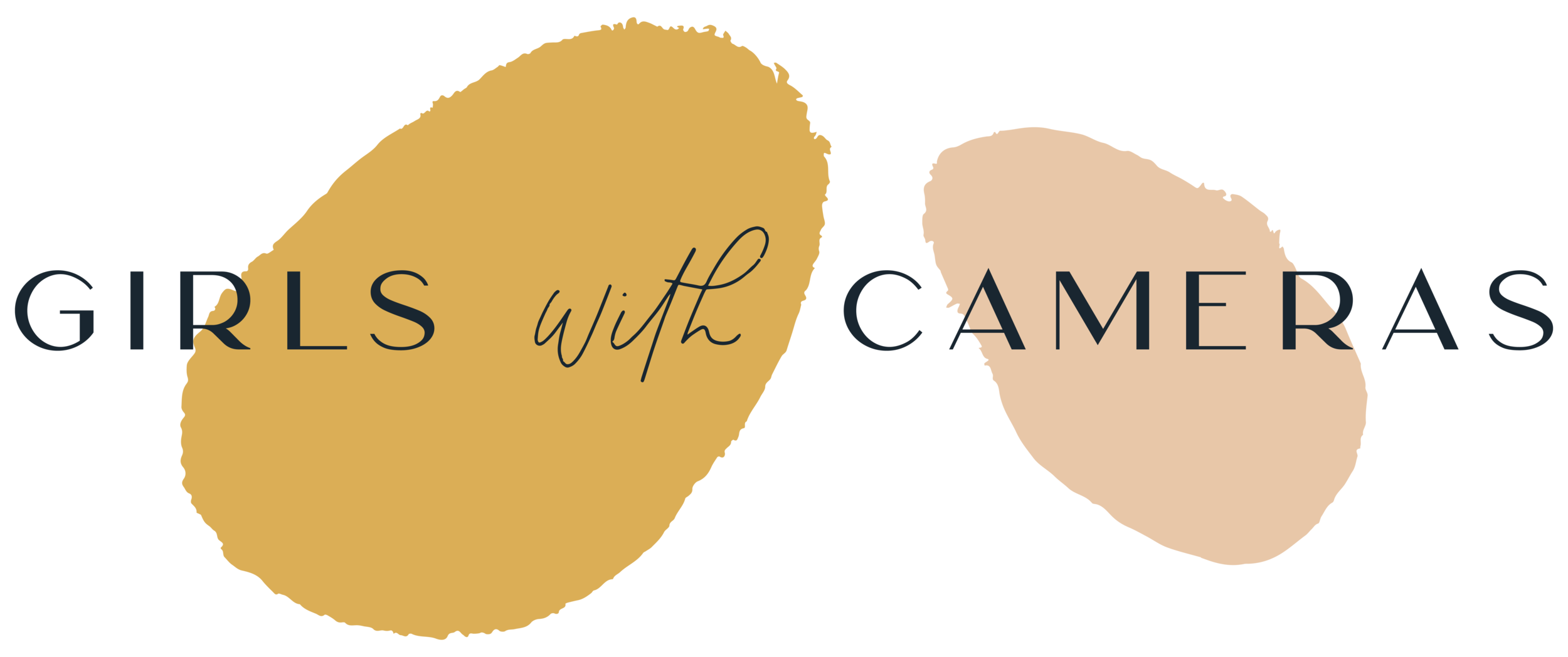A Good Camera for Beginners
One of the questions I get asked all the time is if I can recommend a good camera for beginners, so if that's you then this blog post will help you make a good decision.
Before we start you will need to establish something first:
Do you want to invest a small amount of money in a camera to see if you enjoy photography - more as something that will help you learn more about yourself and which hobby to focus your attention on?
Or are you already enthusiastic about photography and feel like photography is going to be accompanying you for a long time?
If you belong to the first category then I would seriously recommend getting a smartphone with a decent camera and using it to its maximum potential. You can use them to take many types of creative photos and the quality is pretty amazing.
As you know cameras come in all shapes, variations and price levels. If you're looking for cameras that can "do everything" then you can spend a couple of thousand dollars, Pounds, Euros etc on equipment and have all the functionality at your fingertips that you'll ever need.
The more money you spend, the more creative ideas you will be able to create without a second thought.
If you are really enthusiastic about photography then the answer to the question "What is a good camera for beginners?" is as follows:
Buy the camera that you want to take photographs with in the next couple of years. Invest in a camera that you can be creative with and that is easy to use and set up.
How much you want to spend is a question I don't want to ask you, because I really want to recommend a camera that you won't immediately lose interest in because it's too complicated to use.
There will be so many good photo opportunities that come and go before you've fathomed out where all the settings are that you need in order to take the photo that you had in mind. You will spend more time wanting to throw your camera against the wall than may believe.
At photo walks, I have often seen photographers finally figure out how to take a certain photo after about 30 minutes, while others (with better cameras) have already taken a hundred photos and implemented umpteen creative ideas.
The more money you spend on your camera, the better the results will be.
It's easy to take "good" photos with a "good" camera.
It's hard to fathom where all the settings are in a simple camera.
Cameras do not have to come with Wifi, video functions, have a built-in flash or include things like "flower mode" or "portrait mode".
If you want to become a good photographer then you will need to take control of the camera and that means having easy access to the aperture, iso and exposure settings - and these need to be accessible.
With all that established let's get on to which camera you could invest in that will last you for a couple of years and be a joy to take photos with.
These are the things that I would look for when selecting a good camera for "beginners":
the settings for aperture, exposure and iso are all on the body of the camera and NOT hidden somewhere in the menu
small and light
you can interchange lenses
Having these things in place will enable you to quickly turn your creative ideas into photos that really stand out in the crowd.
I've tested a lot of cameras out in the past and also often ask for recommendations at the big electric goods stores. Usually getting the answers like "you can do EVERYTHING with this one" or "that one will do at the beginning" for what exactly they usually fail to mention. Many camera brands offer high commissions to dealers, so their recommendations are driven by this.
It is also difficult to ask other photographers for recommendations because they usually have no comparison. They think their camera is good and their pictures are probably good too. In a pinch, I would at least advise you to look at the photographer's pictures if you want to take similar pictures, then you can follow their advice.
The camera I would recommend most is the Fuji X-S20 with a 35mm lens to start with.
Some of my followers have followed my recommendation and bought it and are extremely impressed. Others are thrilled and are still saving money 😉.
This mirrorless camera is small and light in weight mirrorless making it a joy to take everywhere with you. It's an incredibly good camera to learn the manual settings with because you can set the aperture on the lens and adjust the exposure by looking through the finder and turning the dial to a setting of your choice.
Although I always advise using the RAW camera mode in the case of the X-S20 I would recommend RAW + fine so that you can use the camera's colour profiles and then choose whether you would like to edit the raw photo in your own style or prefer the jpg with the colour profile.
The Fuji X-S20 has 12 different profiles.
But the biggest benefit is that it really does take extremely brilliant pictures ❤️
out of the camera (without any editing or use of the colour profiles)
I would be very interested to know if and how this post has helped you - you can comment below the post.
This blog post contains affiliate links - if you purchase through the link, I will receive a small commission. Please note that I have no advantage in recommending this particular camera - the recommendation comes from the heart and because I am more than convinced by the camera.




